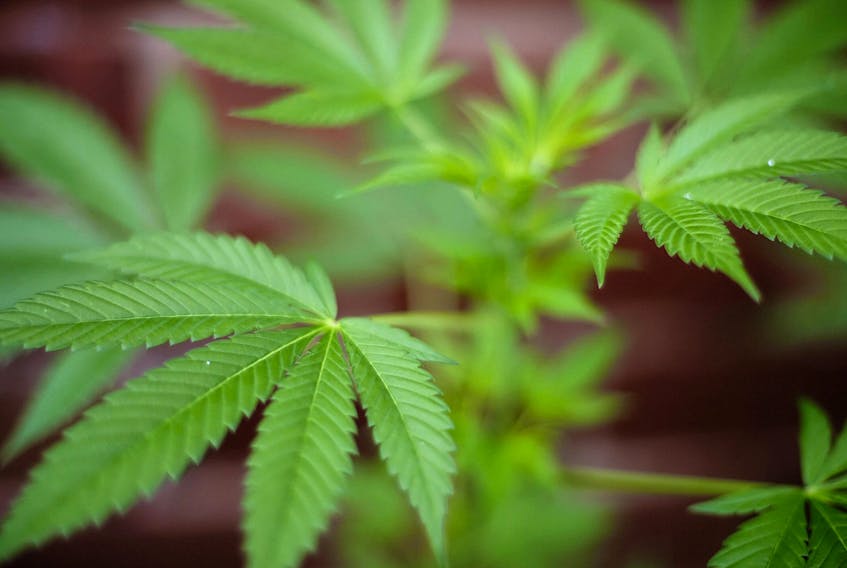Regardless of political stripe, governments on P.E.I. have long known the quickest way to raise revenue are the so-called sin taxes.
Raising the tax on alcohol or tobacco usually elicits little in the way of strong public reaction. People may complain to their friends and perhaps on social media, but when was the last time you saw a demonstration against rising cigarette or alcohol prices at Province House? The answer is never.
The reason is simple. Smoking and drinking (especially drinking and driving) are no longer as socially acceptable as they were in years past. The era depicted in the television series Mad Men, where everybody smoked and martini lunches were commonplace, is not considered glamorous anymore.
Governments have long used tax increases on tobacco products as an argument for helping to decrease consumption. Many smokers vow they will give up the habit when the price reaches a certain level. I was one of them, and for me, the price point was $6 a pack, and that is way more years than I care to remember.
Since the legalization of cannabis, governments now have a third option for generating sin tax revenue. In its first fiscal year in operation, Cannabis P.E.I. (the government agency that runs the four cannabis stores in the province) did what might seem impossible – it lost money selling dope.
Some of that was likely due in part to the expenditures associated with opening the stores and hiring staff. By the second fiscal year (which ended in March of 2020), the agency turned a profit of $650,000 on total net receipts of $16 million.
The corporation is again forecasting a loss for the fiscal year that will end this March; like virtually every other business in the country, it was impacted by COVID-19. However, that is likely to be a short-term problem, as the second phase of legalization that will include edibles and beverages is scheduled to come on stream later this year.
When officials from Cannabis P.E.I. appeared before a legislative committee recently, they noted one of the biggest surprises to date has been slow online sales. Given the rapid growth in online sales for just about every other commodity, coupled with the fact some customers might be shy about buying the product in person, the corporation predicted from the outset online sales would be significant.
It was a logical assumption, but it also turned out to be wrong. In the 2019-2020 fiscal year, online sales were just 1.1 per cent of the total. That did go up significantly when the four stores were closed in the early days of the pandemic.
Carl Adams, the chief financial officer with the corporation, told the committee: "We built the platform expecting a lot of people who would not want to be seen publicly purchasing the product. And it seems that people's attitude is: 'Now that it's a legal product, why should I be ashamed to walk in and buy it?"
The other big surprise has been the level of interaction with staff. Jamie MacLeod, the acting corporation CEO, told the committee: "I think we underestimated, as did many of the provinces across the country, the importance of that face-to-face conversation with a knowledgeable staff member – particularly people who had never used the product before and wanted to try recreational cannabis products for whatever reason."
As governments look for ways to generate revenue when the COVID -19 eventually recedes, it is a virtual certainty a trip to the cannabis stores will likely cost more, with most of the increase going into the government coffers.
Andy Walker is an Island-based political commentator. His column appears every week in the Journal Pioneer.









